Which Is Best Camcorder Or Digital Camera ?
The choice between a camcorder and a digital camera depends on your specific needs and preferences. Camcorders are designed primarily for video recording and offer features like optical zoom, image stabilization, and longer recording times. They are ideal for capturing events, recording videos for vlogs, or creating professional-quality videos. On the other hand, digital cameras excel in capturing high-resolution photos and offer a wide range of creative options. They are suitable for photography enthusiasts who prioritize image quality and versatility. Some digital cameras also have video recording capabilities, but they may not offer the same level of features and functionality as dedicated camcorders. Ultimately, the best choice depends on your intended use and the importance you place on video recording versus photography.
1、 Image quality: Comparing video resolution and photo clarity
When it comes to image quality, comparing video resolution and photo clarity, it is important to consider the specific needs and preferences of the user. Both camcorders and digital cameras have their own strengths and weaknesses in this regard.
Camcorders are designed primarily for capturing high-quality video footage. They often offer higher video resolutions, such as 4K or even 8K, which results in incredibly detailed and sharp videos. This makes them ideal for professional videography or capturing important events like weddings or sports events. Camcorders also have features like optical image stabilization, which helps in reducing camera shake and producing smoother videos.
On the other hand, digital cameras excel in capturing high-resolution photos with exceptional clarity. They offer a wide range of megapixels, allowing for detailed and vibrant images. Digital cameras also provide more control over settings like aperture, shutter speed, and ISO, which can greatly impact the final image quality. This makes them a preferred choice for photographers who prioritize photo quality over video capabilities.
However, it is worth noting that the lines between camcorders and digital cameras have blurred in recent years. Many digital cameras now offer excellent video recording capabilities, including high-resolution options and advanced video features. Similarly, some camcorders have improved their photo-taking abilities, offering higher megapixels and better image sensors.
Ultimately, the choice between a camcorder and a digital camera for image quality depends on the specific requirements of the user. If video recording is the primary focus, a camcorder may be the better option. However, if capturing high-resolution photos is the priority, a digital camera would be the more suitable choice. It is also important to consider factors like budget, portability, and additional features when making a decision.
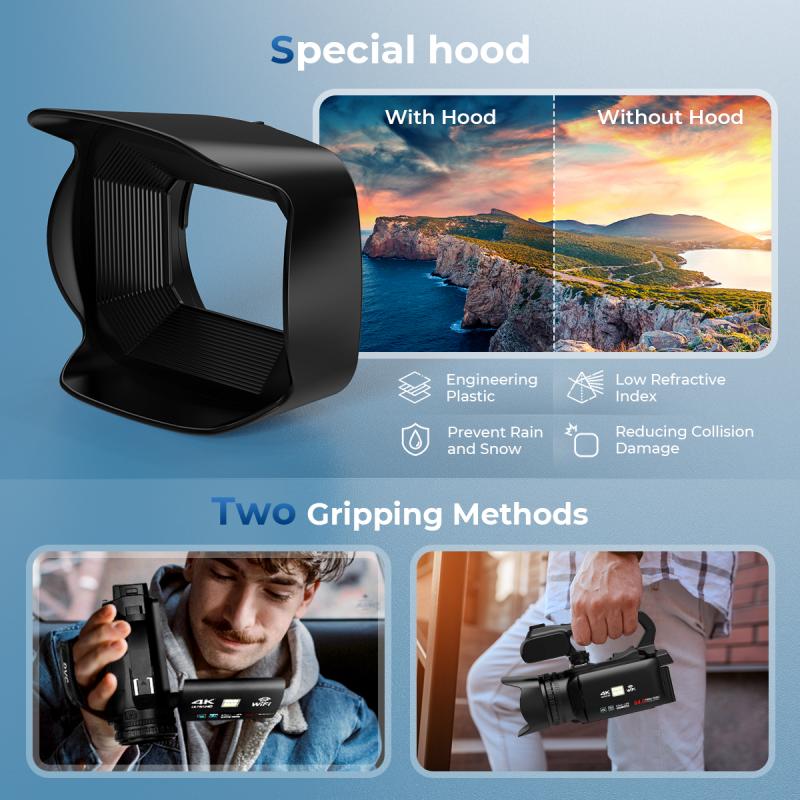
2、 Versatility: Examining the range of features and shooting modes
When it comes to versatility, both camcorders and digital cameras have their own strengths and limitations. However, examining the range of features and shooting modes, digital cameras tend to offer more versatility compared to camcorders.
Digital cameras are designed to cater to a wide range of photography needs, from capturing still images to recording high-quality videos. They often come with various shooting modes such as portrait, landscape, sports, and macro, allowing users to adapt to different shooting scenarios. Additionally, digital cameras offer manual controls, giving photographers more creative freedom to adjust settings like aperture, shutter speed, and ISO.
On the other hand, camcorders are primarily designed for video recording. They excel in capturing continuous footage with features like optical image stabilization and autofocus, ensuring smooth and steady videos. Camcorders also offer advanced features like time-lapse recording, slow motion, and built-in microphones for enhanced audio quality.
However, in recent years, digital cameras have evolved to include video recording capabilities that rival those of camcorders. Many high-end digital cameras now offer 4K video recording, advanced autofocus systems, and external microphone inputs, making them a viable option for videographers.
Furthermore, digital cameras often have interchangeable lenses, allowing users to adapt to different shooting situations. This versatility is particularly beneficial for photographers who want to explore various genres such as landscape, portrait, wildlife, or macro photography.
In conclusion, while camcorders excel in continuous video recording and specific video-related features, digital cameras offer a wider range of shooting modes, manual controls, and the ability to capture both high-quality still images and videos. With the advancements in digital camera technology, they have become increasingly versatile and can now compete with camcorders in terms of video recording capabilities.
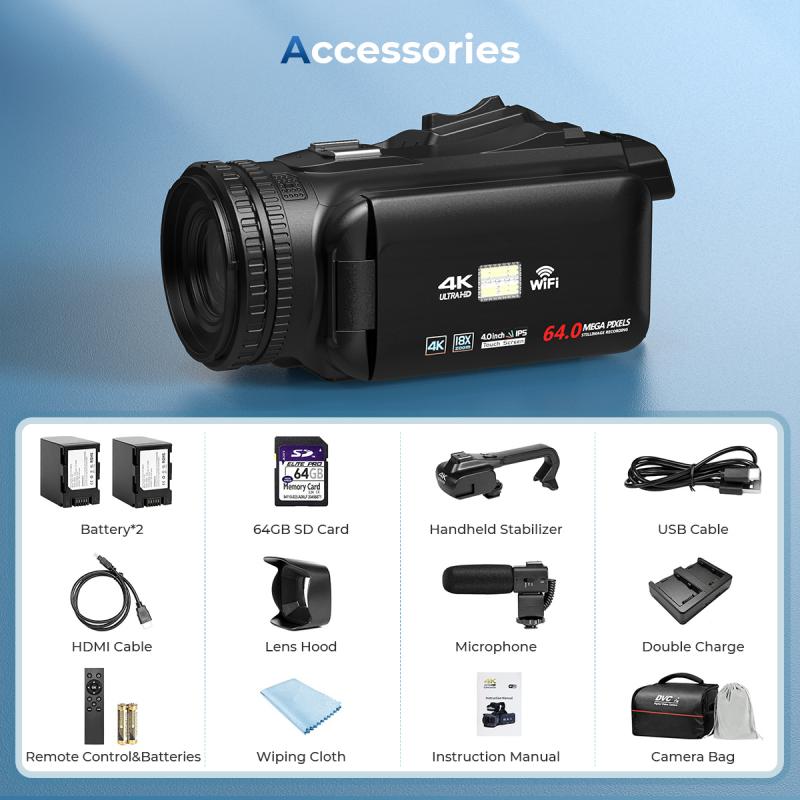
3、 Portability: Assessing size, weight, and ease of carrying
When it comes to portability, both camcorders and digital cameras have their own advantages and disadvantages.
Camcorders are specifically designed for video recording and often come with built-in features such as image stabilization and long zoom capabilities. However, they tend to be bulkier and heavier compared to digital cameras. This can make them less convenient to carry around, especially for extended periods of time or when traveling. Additionally, camcorders usually require a separate bag or case for protection, adding to the overall size and weight.
On the other hand, digital cameras are generally more compact and lightweight, making them easier to carry in a pocket or small bag. They are also versatile, as they can capture both high-quality photos and videos. With advancements in technology, many digital cameras now offer video recording capabilities that rival those of camcorders. This makes them a popular choice for individuals who prioritize portability without compromising on video quality.
In recent years, the rise of smartphones has further blurred the line between camcorders and digital cameras. Smartphones are incredibly portable and offer excellent video recording capabilities, often on par with dedicated camcorders or digital cameras. This has led to a decline in the demand for standalone camcorders, as many people find their smartphones to be sufficient for their video recording needs.
Ultimately, the choice between a camcorder and a digital camera for portability depends on individual preferences and requirements. If video recording is the primary focus and the size and weight are not major concerns, a camcorder may be the better option. However, for those seeking a compact and lightweight device that can capture both photos and videos, a digital camera or even a smartphone may be the more practical choice.
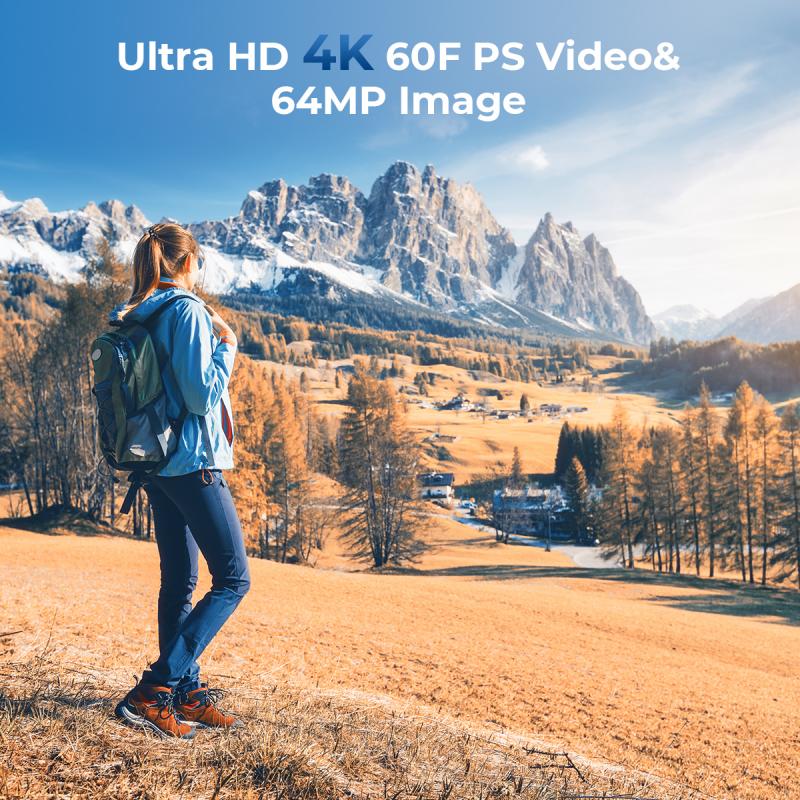
4、 Audio capabilities: Evaluating microphone quality and audio recording options
When it comes to evaluating microphone quality and audio recording options, both camcorders and digital cameras have their own strengths and weaknesses.
Camcorders are specifically designed for video recording and often come with built-in high-quality microphones. They are equipped with features like wind noise reduction and stereo recording, which can greatly enhance the audio quality. Camcorders also offer manual audio controls, allowing users to adjust settings such as volume levels and gain. This makes them a preferred choice for those who prioritize audio quality in their videos.
On the other hand, digital cameras have made significant advancements in recent years and now offer improved audio capabilities. Many high-end digital cameras come with external microphone inputs, allowing users to connect professional-grade microphones for better audio recording. Additionally, some digital cameras offer features like audio level meters and headphone jacks, which can help monitor and control audio quality during recording.
The latest point of view suggests that digital cameras are catching up to camcorders in terms of audio capabilities. With the ability to connect external microphones and advanced audio controls, digital cameras are becoming a popular choice for content creators who require versatility in their recording equipment.
Ultimately, the choice between a camcorder and a digital camera for audio recording depends on individual needs and preferences. If audio quality is of utmost importance, a camcorder with its built-in high-quality microphones may be the better option. However, if flexibility and the ability to connect external microphones are desired, a digital camera may be the more suitable choice.
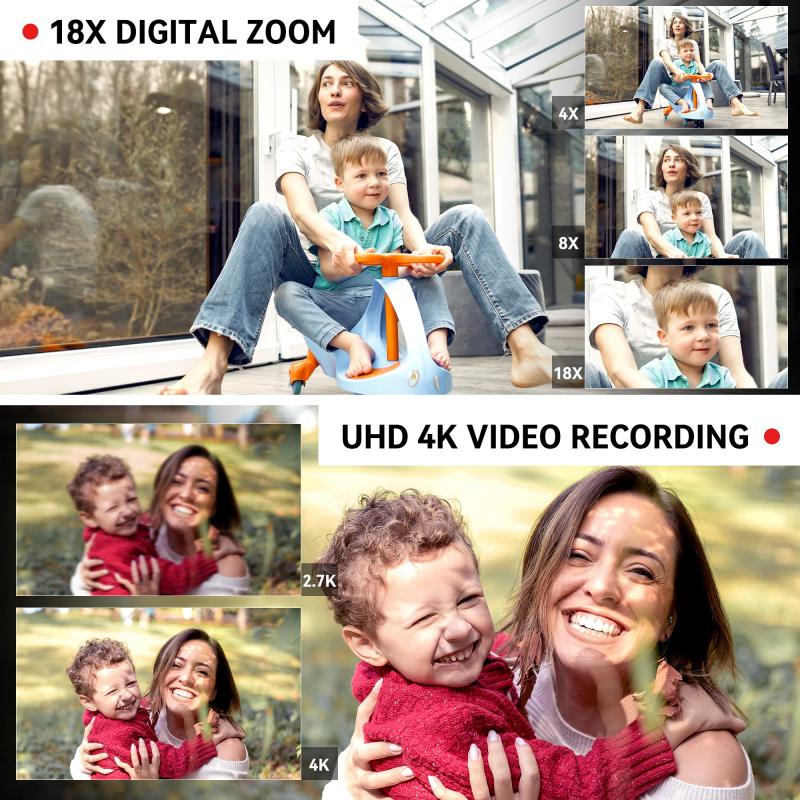

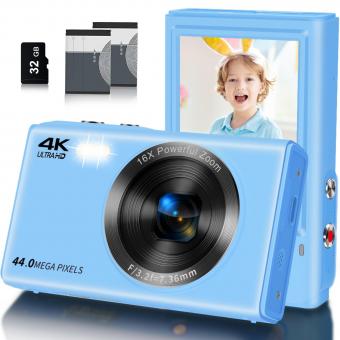
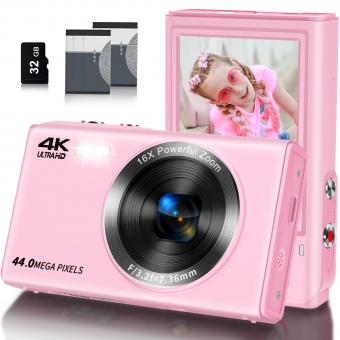
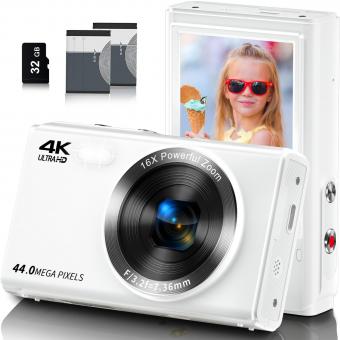
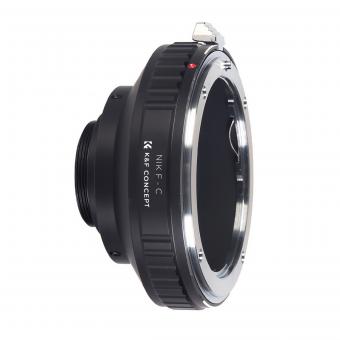
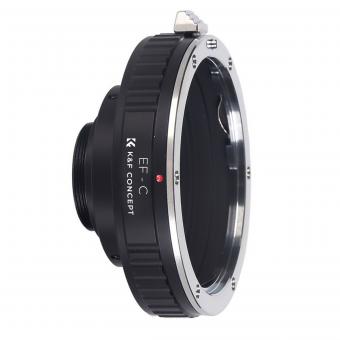
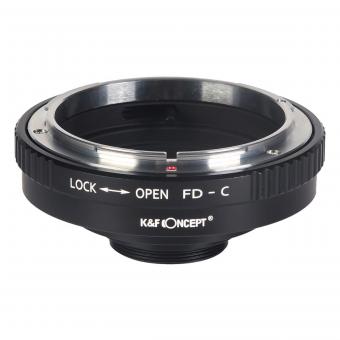
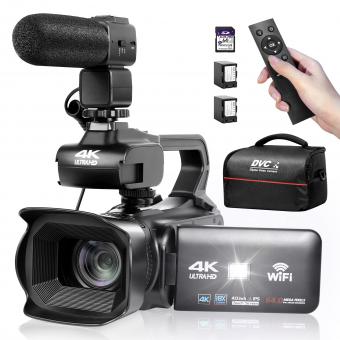
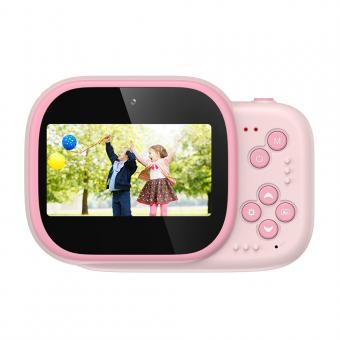
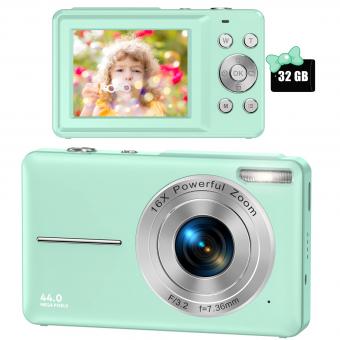
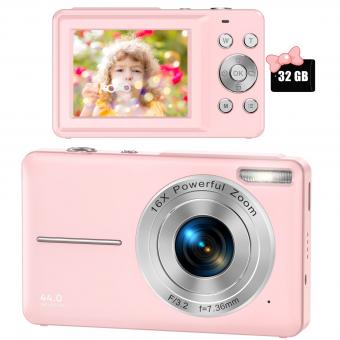
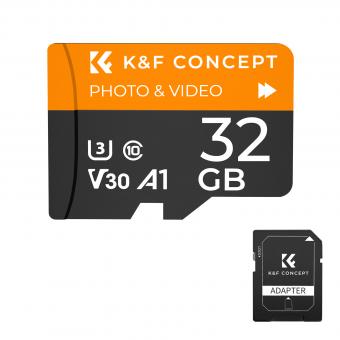

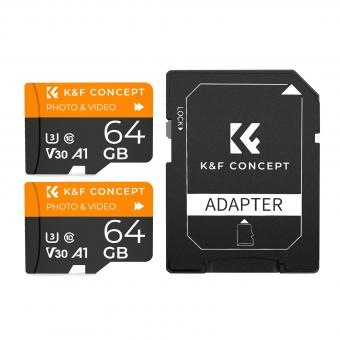
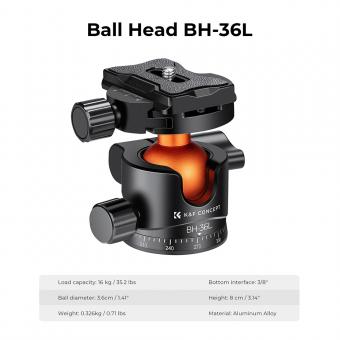

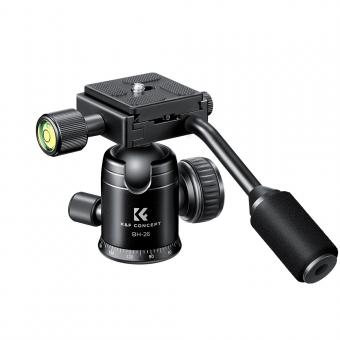


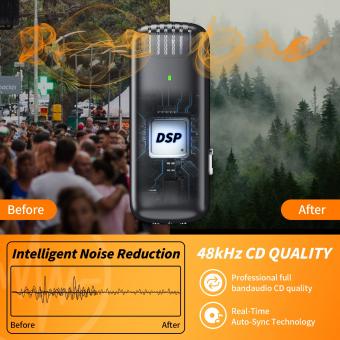
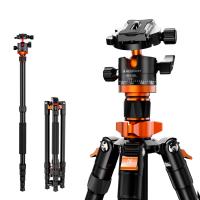
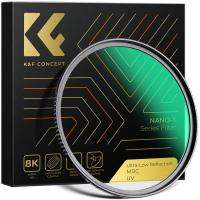
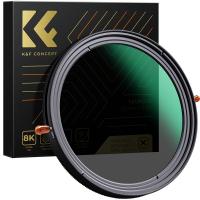
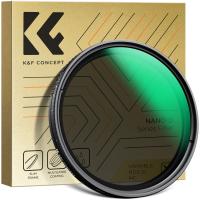
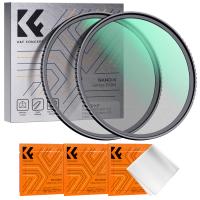
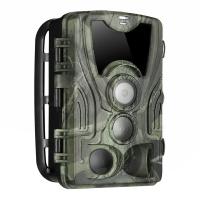
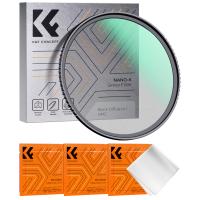
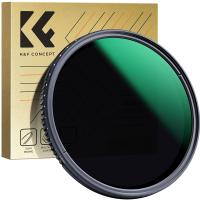
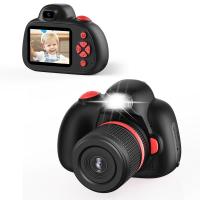


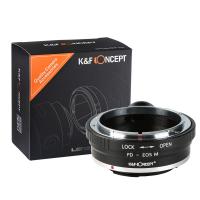

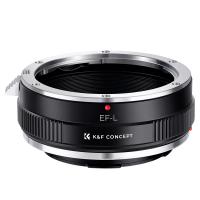
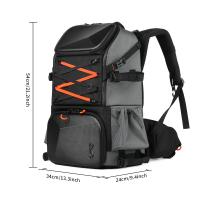
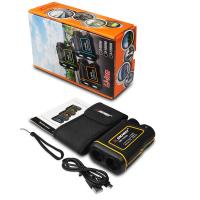
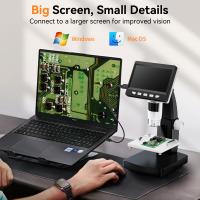
There are no comments for this blog.